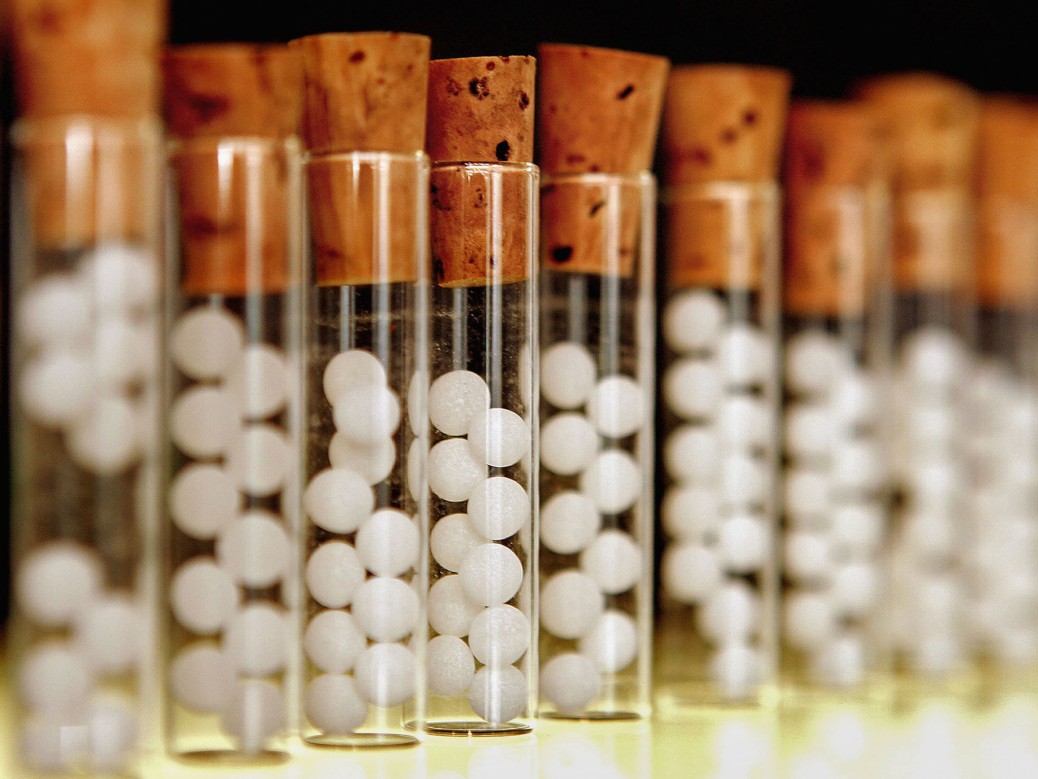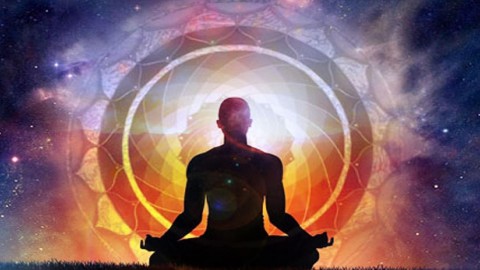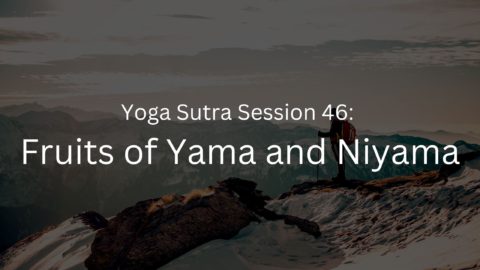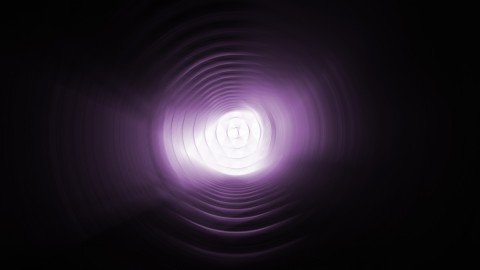The word osteomalacia means “soft bones.” The condition keeps your bones from mineralizing, or hardening, as they should. That makes them weak and more likely to bend and break.
Only adults have it. When the same thing happens in children, it’s called rickets. Osteomalacia is more common in women and often happens during pregnancy.
It’s not the same as osteoporosis. Both can cause bones to break. But while osteomalacia is a problem with bones not hardening, osteoporosis is the weakening of the bone.
Causes
Your bones rely on certain minerals to grow strong and stay solid. If your body isn’t getting enough of them, you can get osteomalacia. There are different reasons it can happen. The main ones are:
You’re not taking in enough vitamin D. You need this vitamin to absorb calcium from your diet. You can get it from sunlight or certain foods or supplements. Lack of vitamin D can take a toll on your bone health
Your body has a hard time absorbing vitamin D. Gastric bypass or other surgeries that remove part of your stomach or intestines, celiac disease, and certain liver or kidney disorders can all affect your body’s ability to take in vitamin D or convert it to its active form.
Some seizure medications may cause it. You also can get it if your kidneys aren’t handling acids correctly. Over time, extra acid in your body fluids can slowly dissolve bone.
It’s rare, but some people have a genetic condition that causes osteomalacia.
Symptoms
If you have soft bones, you may have symptoms, including:
- Easily broken bones
- Feeling tired
- Pain
- Stiffness
- Trouble getting up from sitting or walking up stairs
- Weak muscles in your arms and thighs
People with osteomalacia may walk with a waddling, side-to-side stride.
Diagnosis
Your doctor probably will recommend:
- Blood tests to measure the level of vitamin D in your body
- X-rays to look at your bone structure
- Bone mineral density scans to test the amount of calcium and phosphate in your bones
It doesn’t happen often, but your doctor may want to do a bone biopsy. This involves taking a piece of your bone tissue to check it.
Treatment
If osteomalacia comes from not getting enough vitamin D, you can treat it by getting more of it in your diet through certain foods and supplements.
Foods with vitamin D include:
- Cereal
- Cheese
- Eggs
- Fish (tuna, salmon, swordfish, sardines)
- Liver
- Milk
- Orange juice (fortified with vitamin D)
- Yogurt
You also can get more vitamin D by spending time in the sun. But talk to your doctor about it, and be sure to wear sunscreen. Too much sun can boost your chance of skin cancer.
If your body has trouble absorbing vitamin D, your doctor will need to treat the cause, if possible. You’ll also need to take larger doses of calcium and vitamin D than the normal daily recommendation.
To treat broken or deformed bones from osteomalacia, your doctor may give you a brace to wear. If the problem is severe, you may need surgery.
Silicea (also called Silica)
People who need this remedy are often nervous, easily tired, very chilly, and tend to sweat at night. They have a refined or delicate appearance, and often have weakness in the spine. Their injuries are slow to heal, and they tend to have a low resistance to infection. Moderate exercise often warms the person up and improves energy.
Symphytum
When osteoporosis is a problem, fractures often occur from mild trauma. This remedy can be useful for strengthening and healing bones when new fractures occur, and also helpful when pain persists in old, healed fractures.
Homoeopathic Treatment
Calcarea Carbonica: This remedy is often helpful to individuals who are easily tired by exertion and tend to feel anxious and overwhelmed from work or stress. The person may be chilly, flabby or overweight, and feel worse from cold and dampness. Back pain, swollen joints, and a sweaty head at night are often seen. People who need this remedy often have strong cravings for both eggs and sweets.
Calcarea Phosphorica: Stiffness, soreness, and weakness of the bones and joints are experienced by those who need this remedy. Aching in the bones of the neck, upper back, and hips can be distressing. Deep tiredness frequently is felt, especially after exercise. Calcium deposits and bone-spurs may develop, even while general bone-loss is taking place, and fractures may be slow to heal. A feeling of dissatisfaction and a strong desire for travel or a change of circumstances are often seen in people who need Calcarea phosphorica.
Phosphorus: This remedy is often helpful to people who are sensitive, suggestible, imaginative, but easily tired or weakened physically. Bones may be less strong than normal, or be slow to heal after fractures. Weakness is often felt in the spine, with burning pain between the shoulder blades. People who need this remedy are often tall and thin with an easily-flushing face. A desire for refreshing foods (especially ice cream) and strong thirst for cold or carbonated drinks are other indications for Phosphorus
Tags: Osteomalacia And Homoeopathy










